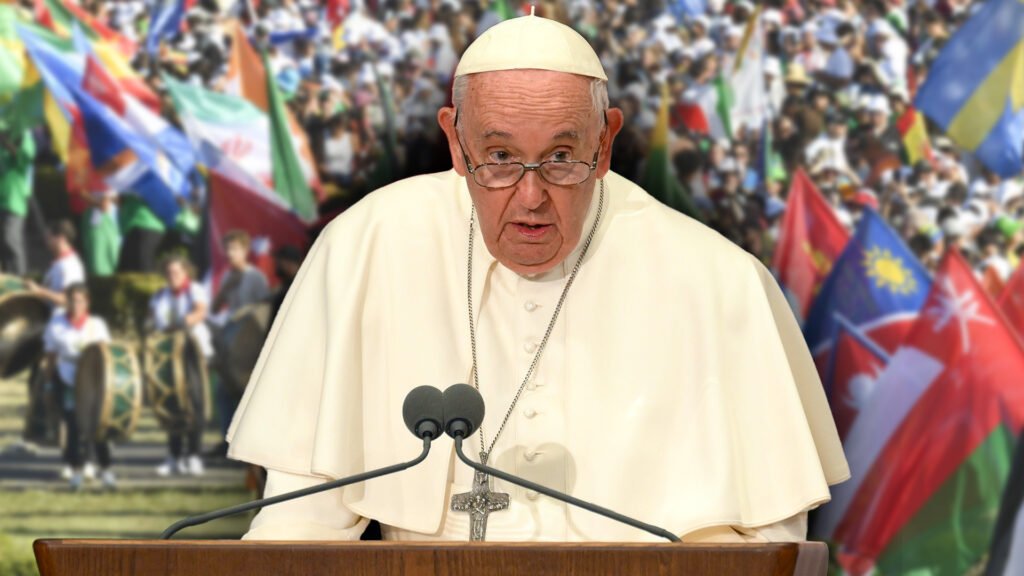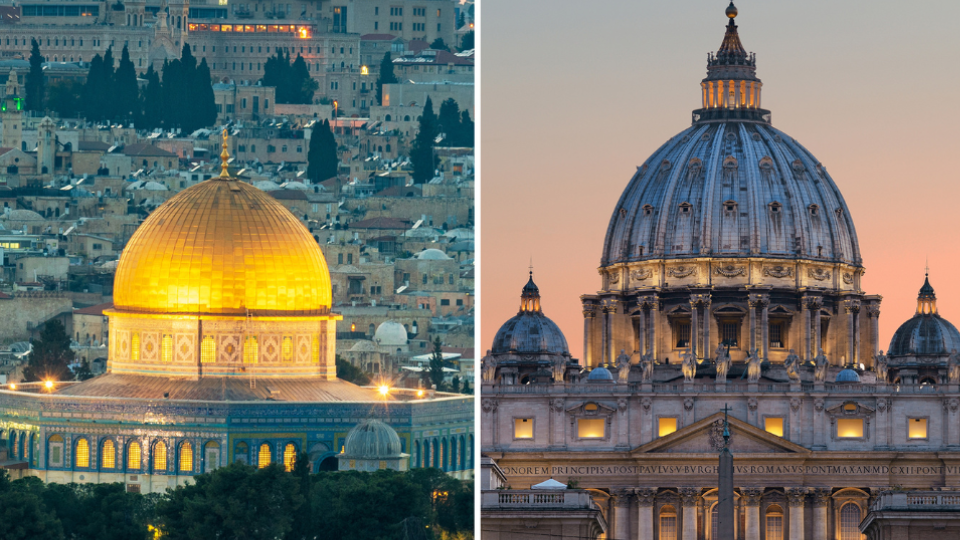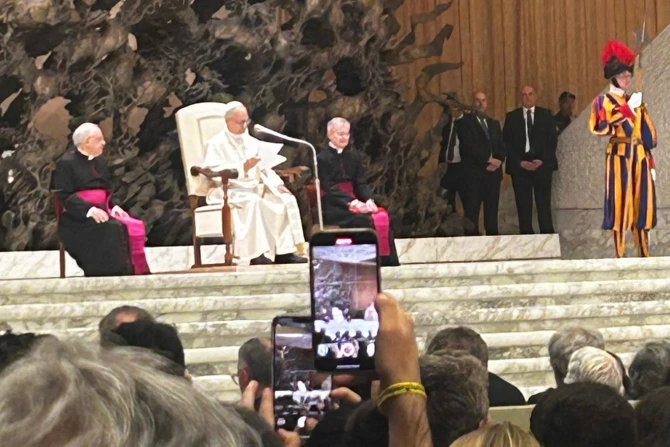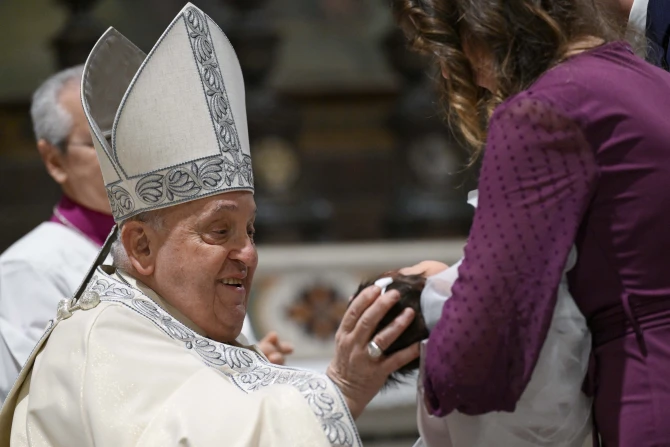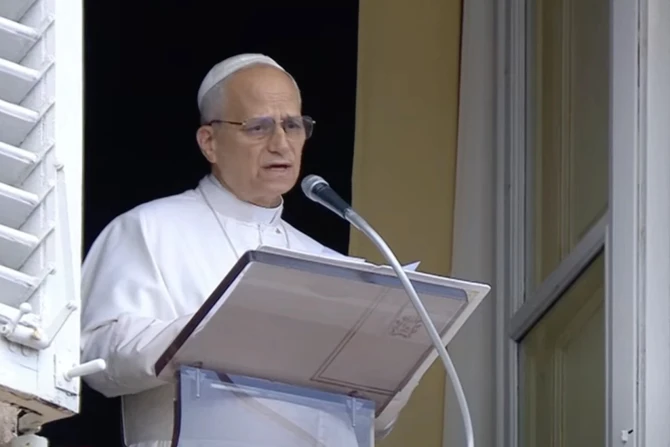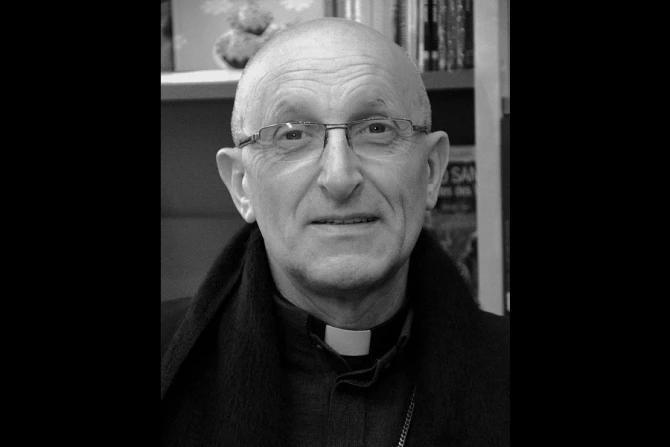“We have come together this morning for a meeting that, apart from its institutional character, seeks above all to be a family event: a moment in which the family of peoples symbolically gathers, through your presence, to exchange fraternal good wishes, to leave behind the disputes that divide us and instead to find what unites us.”
With these words, Pope Francis opened his annual meeting with diplomats accredited to the Holy See at the start of the year. This gathering, which he described as both formal and familial, set the tone for his message of unity and shared responsibility among nations.
A “State of the World” Address Despite Illness
As is customary, the Pope delivered his “state of the world” address, though a persistent cold prevented him from reading it in full. Instead, an aide read the prepared remarks on his behalf to the diplomats assembled in the Hall of Blessings in Vatican City.
Among the key points of his address, Pope Francis highlighted the grave threats facing humanity, including the specter of global war and the growing embrace of what he described as a misguided interpretation of rights. He explicitly warned of “the increasingly concrete threat of a world war” and condemned the efforts of some countries to enforce a so-called “right” to abortion:
“This is a mentality that, by claiming to leave behind what are considered to be ‘the dark pages of history,’ opens the door to the ‘cancel culture.’ In this regard, it is unacceptable, for example, to speak of an alleged ‘right to abortion’ that contradicts human rights, particularly the right to life. All life must be protected, at every moment, from conception to natural death, because no child is a mistake or guilty of existing, just as no elderly or sick person may be deprived of hope and discarded.”
Diplomacy as a Vocation
After expressing his concern about the many conflicts in various parts of the world, Pope Francis ended his speech by reminding the diplomats that diplomacy is a “vocation” to “foster dialogue with all parties” and that political leaders are called to be heralds of peace, truth, forgiveness, freedom, and justice.
Adapted by Jacob Stein

